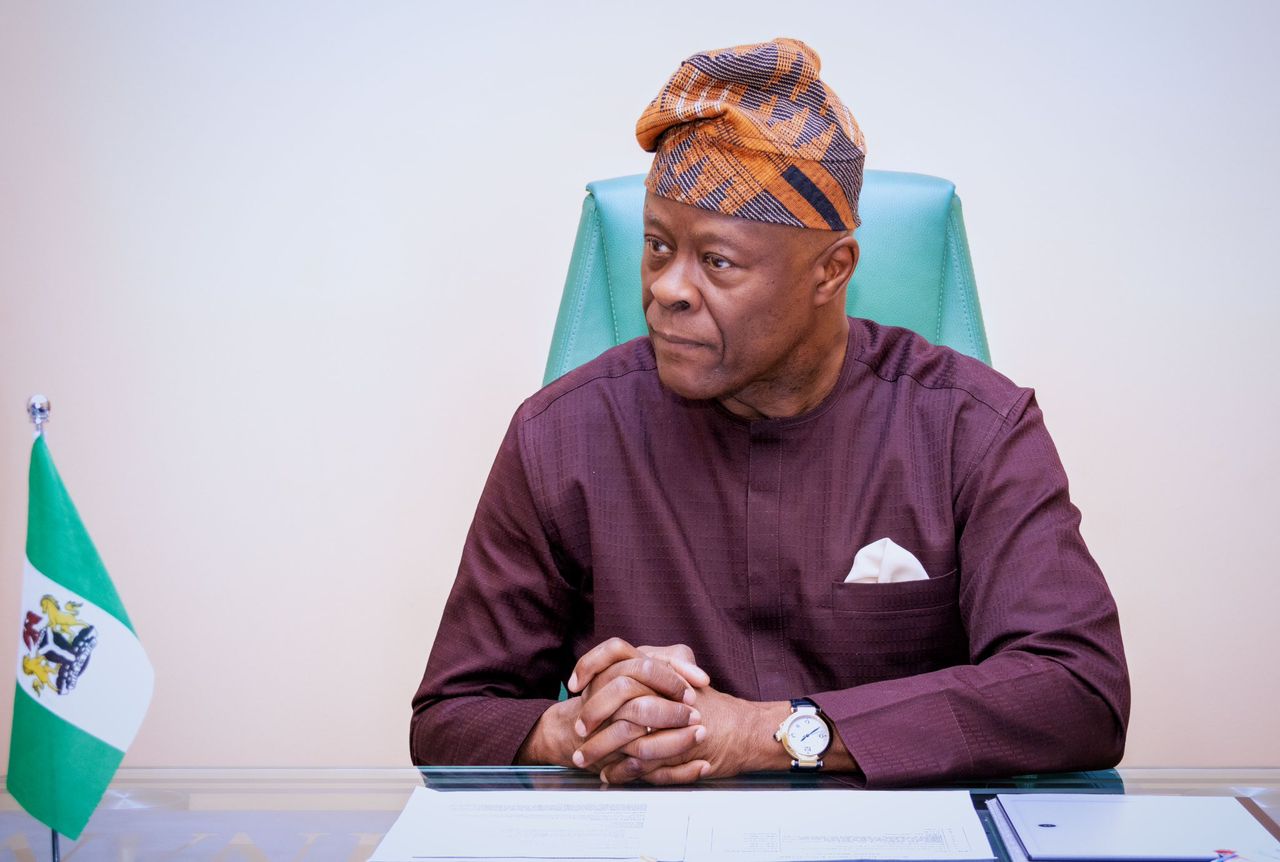Nigerian Govt Admits Fuel Subsidy To Gulp N5.4tn In 2024
Posted by Samuel on Wed 05th Jun, 2024 - tori.ng
After initially denying complete deregulation of the product, the Nigerian government has now acknowledged that fuel subsidy will amount to N5.4 trillion in 2024.
Minister of Finance, Wale Edun disclosed this in a recent presentation of the Accelerated Stabilisation and Advancement Plan, ASAP report.
He said the ASAP report was designed to address key challenges affecting the reform initiatives and stimulate development in various sectors of the economy.
“At current rates, expenditure on fuel subsidy is projected to reach N5.4 trillion by the end of 2024. This compares unfavourably with N3.6 trillion in 2023 and N2.0 trillion in 2022,” a draft copy of the ASAP presented by Edun said.
Meanwhile, Heineken Lokpobiri, Minister of State for Petroleum Resources, Oil, at a recent ministerial briefing to mark President Bola Tinubu’s anniversary insisted that fuel subsidy has been completely removed.
“I can confirm to you that subsidy is gone; officially, there is no subsidy; I want to make it clear that there is no subsidy in the country today”, he claimed.
In a contrary view, recall that the President of the Trade Union Congress, Festus Osifo, had, in April, revealed that the Nigerian government was currently applying quasi-subsidy on fuel.
Recall that Tinubu’s infamous fuel subsidy is gone statement served as a springboard for the policy implementation in June 2023, causing the pump price of the product to increase from N250 per litre to over N500.
Since then, the pump price of fuel has continued to surge, reaching an average of N702 per litre in April 2024.
The ripple effect of fuel subsidy and the Naira floating policy in June last year saw Nigeria’s headline and food inflation skyrocket to 33.69 percent and 40.53 in April 2024.

















































